BlockTexx awarded grant to support scaling mission
Chris Remington
Apr 28, 2021
Australian fashion technology specialist BlockTexx has been awarded a grant worth more than AU$990,000 (US$766,000) by the country’s government as part of its Accelerating Commercialisation programme.
SYDNEY – Australian fashion technology specialist BlockTexx has been awarded a grant worth more than AU$990,000 (US$766,000) by the country’s government as part of its Accelerating Commercialisation programme.
The company, founded by Aussie duo Graham Ross and Adrian Jones, leverages a proprietary solution it calls S.O.F.T. (Separation of Fibre Technology), capable of dividing up and recycling cotton and polyester fibre.
BlockTexx was one of 12 innovative firms selected by authorities, which handed out a combined AU$8.4 million (US$6.5m) to support scaling missions.
It came courtesy of the government’s umbrella Entrepreneur’s Programme, which has to date delivered more than 500 grants worth over AU$259 million (US$200m) to Australian businesses since just 2014.
The latest batch to have been rewarded a cash injection stem from the fields of medical manufacturing, sport, road maintenance, oil and gas, and textiles.
BlockTexx is the only from the latter sector, and received a grant totalling US$991,617 (US$768,623) to help scale its patent-pending recycling solution.
The company’s S.O.F.T. system can separate polyester and cotton materials apparel and home textiles, no matter what the colour or condition. This, the company claims, offers the opportunity to return fibres of any quality back to high value PET or cellulosic raw materials for reuse across a variety of industries.
The recovered PET yielded from the process is subsequently polymerised to create virgin-grade S.O.F.T. branded rPET plastic pellets and polyester fibre. Similarly, the recovered cellulose is turned into cellulose powder ready for use within the textile field or many other applications.
Speaking with Ecotextile News in 2019, Graham Ross said: “Australia and New Zealand, like the rest of the world, face enormous challenges to address the textile waste created by fast fashion.
“Projects are beginning to move from the laboratory into pilot scale plants or, like BlockTexx, are moving into commercial scale.
“Textile waste in Australia is beginning to gain the recognition it needs from government and industry. Projects like the Queensland government initiative, the Circular Economy Lab – of which BlockTexx is a member – is raising the profile of waste to resource business models and circular economy thinking,” he noted.
